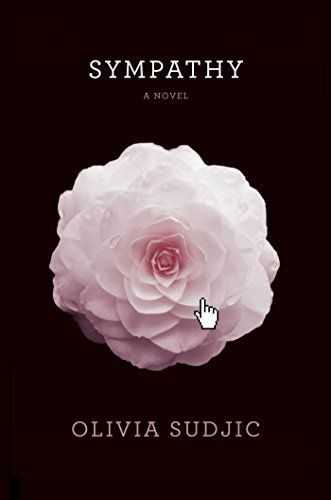
Sympathy
“Packed with tension, pathos, and vitality . . . This is a potent first novel from a formidable talent.” — Minneapolis Star Tribune “The best fictional account I’ve read of the way the internet has shaped our inner lives.” — Guardian (UK) At twenty-three Alice Hare, a loner, arrives in New York with only the vaguest of plans: to find a city to call home. Instead she discovers the online profile of a Japanese writer called Mizuko Himura, whose stories blur the line between autobiography and fiction. Alice becomes infatuated with Mizuko from afar, convinced this stranger’s life holds a mirror to her own. Realities multiply as Alice closes in on her “internet twin,” staging a chance encounter and inserting herself into his orbit. When Mizuko disappears, Alice is alone and adrift again. Tortured by her silence, Alice uses the only tool at her disposal, writing herself back into Mizuko’s story, with disastrous consequences. “A smart and lyrical evocation of that murky emotional terrain between our online and offline selves.” — Vice (UK) “At once a riveting mystery and a literary tour de force, Sympathy had me spellbound from the first page to the last.” — Emily Gould, author of Friendship
Reviews
Lindy@lindyb
Moray Lyle McIntosh@bookish_arcadia
Nico J@niconicolj
Penelope@kingsizednickcaveblues
Penelope@kingsizednickcaveblues
Isa Furey@isa_furey
Patrick Hawley@patrickhawley
Lily Bradic@lily
Brook@brook